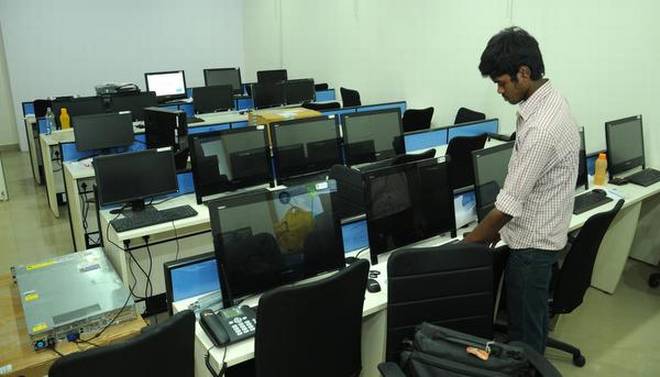
What little has been learned from the central about its new policy in connection with the IT act 69(1) forces many to assume that the government is very eager to monitor its citizens’ interaction with their computers. The Ministry of Home Affairs has authorised at least ten central agencies to intercept, monitor and decrypt any information transmitted, generated, stored and received in any computer. Is it wrong to conclude that henceforth each and every action done with the computers in the country will be carefully watched by the state? Is it not the way a surveillance state behaves?
Interestingly, the new law relies solely on the IT Act 69 (1), which stipulates that no such actions must be taken until the concerned authorities are fully convinced that it is necessary to do so in the interest of the integrity and sovereignty of the country and its friendly relation with other countries. There are also some provisions in the aforesaid law that the government has the right to issue such authorisations if it is certain beyond doubt that it is necessary for the investigation of any offence. Notably, nowhere it is said that the law shall be misused on the pretext of any of these provisions.
The IB, NCB, ED, CBDT, DRI, CBI, NIA, R&AW, Directorate of Signal Intelligence and the Commissioner of Delhi police are ten agencies which now has the power to monitor the computers of India.
How do you see this development?
Vignesh. S. G
Photo Courtesy: Google/ images are subject to copyright









